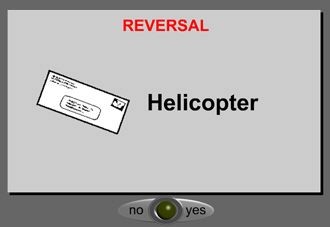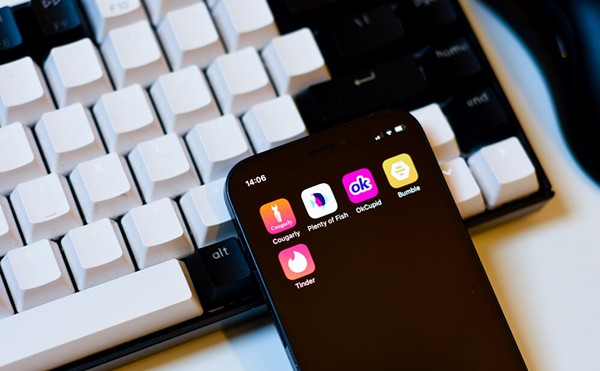“Ohhhhhhh. Ahhhhhhhh. Creeeeeeek,” they grunted, pulling themselves slowly to a standing position. “My knees!” Grinning at my concerned expression, they reassured me, “Don’t worry. It’s an adult thing. You’ll understand when you get older.”
But even in my mid-20s I was mystified by these displays of physical frailty on the part of my parents. “Sheesh.” I thought to myself. “Don’t you exercise?” I resolved that I would be different. You would never catch me sighing about my aching body.
I was wrong, of course. No amount of cocky self-determination can stem the tide of human aging. My joints ache when I stand. Falling asleep in front of the TV is almost as pleasurable as the illicit pursuits of my youth. I drink a third as much alcohol as I did in college, but the hangovers hit three times as hard. They say “40 is the new 30,” and I desperately want this to be true, but someone forgot to tell my body.
Don’t get me wrong. I’m ready to age gracefully, and I accept my own mortality (though death still strikes me as grossly unfair). But the one thing I cannot bear to experience is the noticeable decline of my cognitive abilities.
The whole point of aging is to get wiser, smarter, and better. I refuse to let this happen. I will take any drug. I will insert any computer chip into my brain. What’s that? The technologies aren’t FDA-approved? Get out of my way and let the doctors try it out on me. Double-blind longitudinal clinical trials are for wimps. I want — nay demand — cognitive enhancement. I’m an old man in a hurry.
Sadly, aside from an emerging class of memory-enhancing drugs known as ampakines, there aren’t many viable pharmaceutical options. Brain implants still have a very long way to go. For now, I’m forced to seek solace in an unlikely venue: video games.
Two years ago, Nintendo released a game called Brain Age for their hand-held gaming platform, the Nintendo DS. The software is premised on the notion that we need to exercise our brains in the same way that we exercise the rest of our bodies. Offering a series of speed trials that are said to strengthen the prefrontal cortex, the game has been an enormous hit among baby boomers in Japan.
| A deceptively simple game at MyBrain Trainer (yes, this is not a helicopter). |
If you don’t have access to a Nintendo DS, similar tools are available on the web. MyBrain Trainer is composed of a series of modules that allow players to practice their perceptual and psychomotor reflexes, cognitive quickness, and perceptual acuity. In one representative module, the game displays a picture alongside a word from the English language. The player is required to quickly indicate whether or not the word matches the picture. However, if the word REVERSAL appears at the top of the screen, the player must indicate the opposite of the correct answer as quickly as possible. Sounds easy, huh? You might be surprised.
At the end of each module, the game compares the player’s score to his past performance as well as to the performance of other players. Users can narrow down the comparative demographic criteria based on nationality, age group, and even occupation. Ever wondered how your perceptual reflexes compare to those of a 30-year old software developer in India? MyBrain Trainer makes it possible to find out, though you might be depressed by what you learn.
There is some evidence that these games actually work. Just last month, the Journal of the American Medical Association published results from an NIH-funded study that found that those who trained themselves to perform focused cognitive skills experience “short- and long-term benefits that generalize to everyday life.” The hundreds of comments posted in the forums of MyBrain Trainer also offer anecdotal support.
With any luck, MyBrain Trainer (which costs $2.50 a month) will help me sustain and extend my cognitive performance. There’s just one problem. I can’t, for the life of me, remember my password.
For more information on brain-training software, use your search engine to find information on MyBrain Trainer, Brain Age, and Happy Neuron.
Aaron Delwiche also writes about digital culture in his web log: Delwiche.livejournal.com.
















